The New Face Of Albums
A lot of articles have predicted that the album as we know it would die off in the face of the rising popularity of viral single tracks. These are bold statements. But to understand the future of albums, we need to understand where they come from. Some years back, they were also forecasting the demise of vinyl production around 2012, after all — and yet in 2016, revenues from physical formats still outpaced digital sales. So, careful with predictions.
As artists, our role is to take control of the options we’re faced with by charting a creative path through them. I’m saying this because I increasingly see clients/artists who seem more interested in repeating the patterns that worked before to get known or get bookings, while fewer people are trying to break the rules (to echo a pretty epic rant by Mr. C).
When it comes to albums, we’ve been repeating a model that has been there for so long we can’t even remember when or how it started. Maybe it goes back to classical concerts over a hundred years back that had fixed durations, or maybe it goes back to the important albums released in the 1960s, at a time when vinyl’s limitations determined track lengths. Perhaps you’ve heard the story of Manuel Göttsching, who recorded himself playing a live session in the early 80s that went almost an hour long. No one could release it on vinyl because they would have had to cut it in half. It took the arrival of CDs to make that possible, but until then, Göttsching had no idea how to release his music (there was obviously no Bandcamp back then…).
One important detail about Göttsching is that it took him almost 30 years to really get known in Germany, and he got a super late gig at Berghain around 2006…
Personally, I think an album should be audacious and unsettling to the commercial model. Something that forces the rigidity of conventions to bend to your artistic expression.
We have more freedom than we think we have, and we have become too timid or lazy to fully embrace it. Mostly for a few reasons:
- Concerns over reach. As in, what will happen if I release something but only 10 people hear it? Will it be a waste of all the work and money I invested in it? No. Putting something online and promoting it are two different things, and if promotion is what stops you from creating what makes you happy, then you don’t have your priorities straight. Being present and available when people search for you is far more important than instant success.
- Fear of missing opportunities. People think if they release their album themselves, they might miss the chance to release it on the label they wanted to work with. It’s possible, but if your music is great, it might also attract some labels who want to work with you. The main challenge with getting signed to a label is that it’s often a bad match, with one side wanting it more than the other. If you have published material, it might travel to the ears of people who care.
- Sales. People are terrified that it might not sell. But sales aren’t an indication of success. Whether sadly or thankfully, success is something that’s impossible to quantify, because it’s different for everyone. If you have poured a lot of money into promotion and are everywhere, but the return on your investment is none, then you’ve also lost in a way.
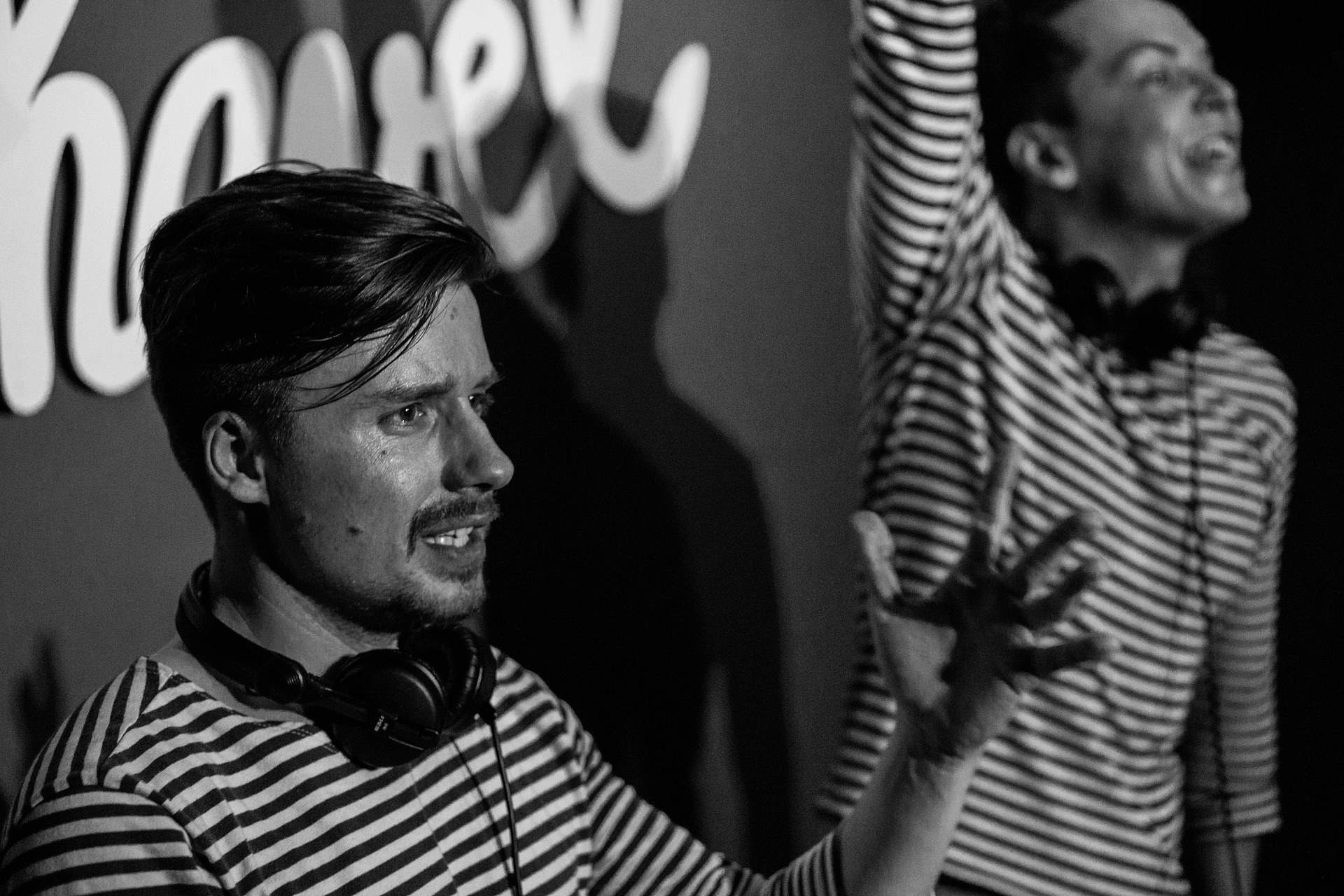 The question really comes down to this: As DJs are increasingly shopping for tracks they can play, and people are more and more interested in listening to the only track on an album they like, what’s the use of throwing a bunch of tracks together to call it an album?
The question really comes down to this: As DJs are increasingly shopping for tracks they can play, and people are more and more interested in listening to the only track on an album they like, what’s the use of throwing a bunch of tracks together to call it an album?
Because with an album, we can fully express ourselves and think about something to say instead of just trying to sell. People still care about stories. And even if it’s only 2% of people who will listen to what you do, I believe that the very experience of going outside your comfort zone and trying to make something is essential for self-growth.
There was a time when the dream of reaching the masses with your music was more attainable. The fracturing of audiences today into smaller bubbles of scenes and sub-genres might make it almost impossible unless you make something that goes viral. But these denser networks of fans also create even greater opportunities to reach the right people, which can pay off much more in the long run than trying to reach audiences at-large.
Here are a few hints for pursuing new models for albums:
- Tell a story. As David Lynch said, “A story has a beginning, a middle part and an ending, but not always in that order.”
- Arrange your songs so they can be played in any order. More and more people listen to playlists on shuffle. It’s interesting to think that the intended order of your songs might not be respected by the listener at all. Thinking this way forces you to consider making tracks that are interconnected in other ways, and that still fit together in a different, more non-sequential sense. Maybe your album can have many different meanings, linkages, or entry points. Who knows?
- Do something unusual. Try to do something experimental or explore making a very long track.
- Get out of your comfort zone. This is very personal, but it could mean using a new plugin or trying something new you learned in a YouTube tutorial. Trying something different can bring out something you didn’t know you could do.
- Collaborate. There are so many ways to do this, but try reaching out to friends or people you admire and see if (and how) they’d be interested in collaborating.
And please, share your own album ideas with me! I’m sure I can learn something from you too.
SEE ALSO : Create Your Own Concept Album


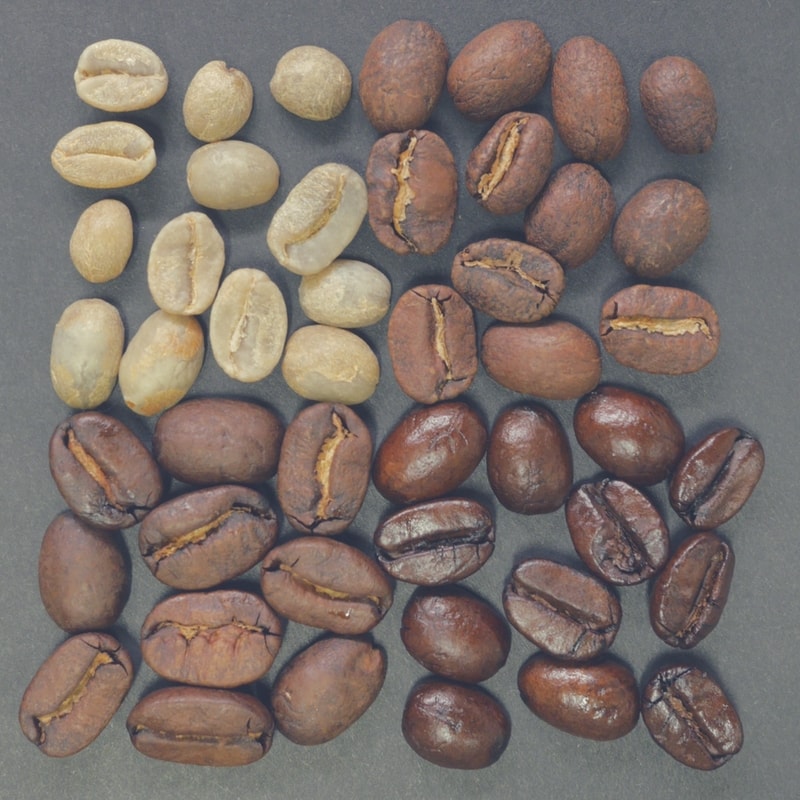
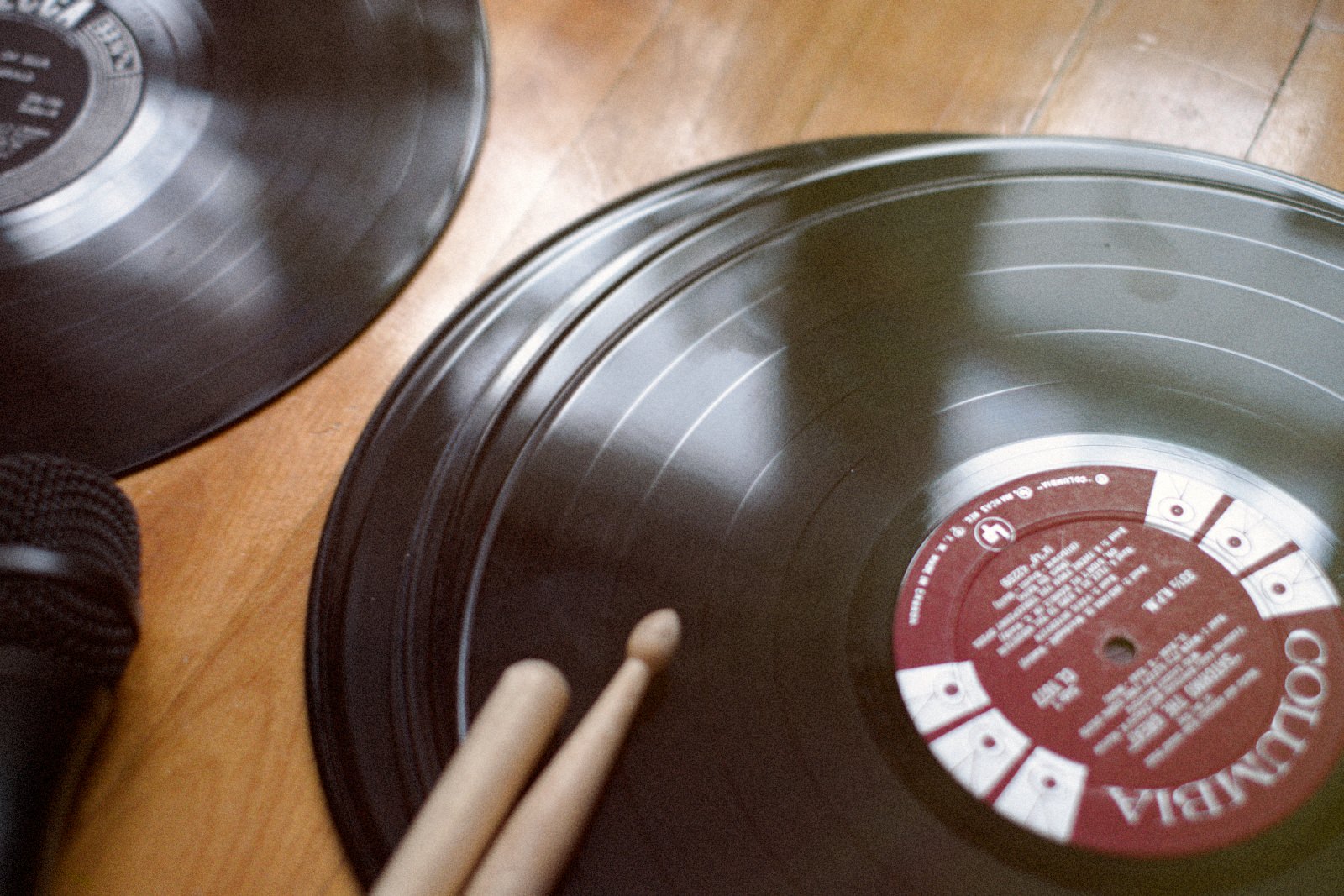
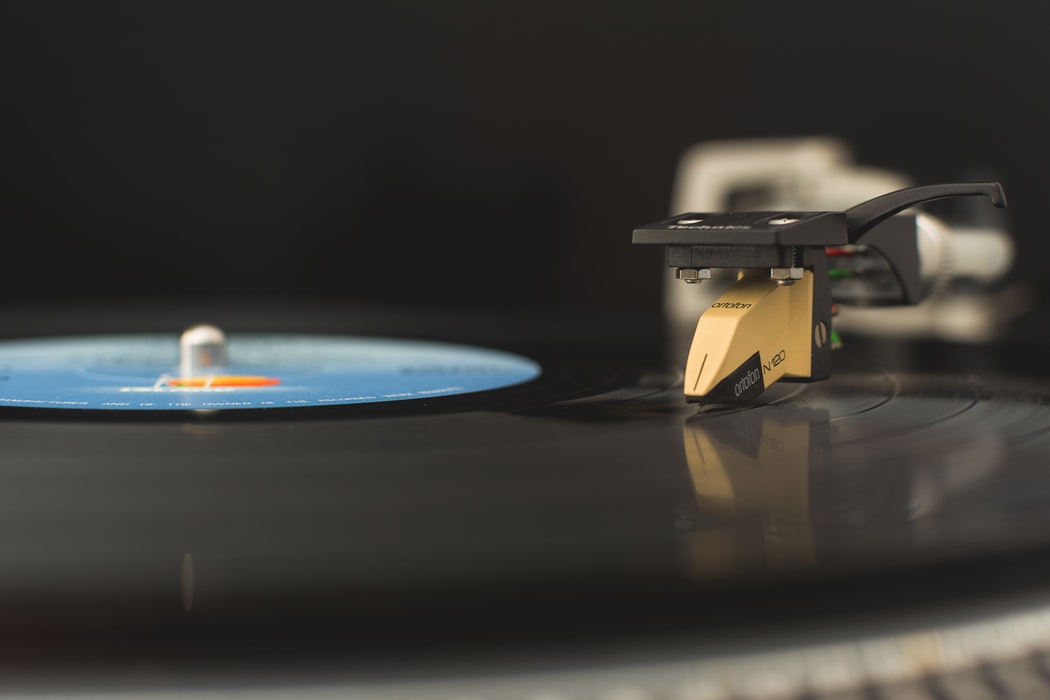
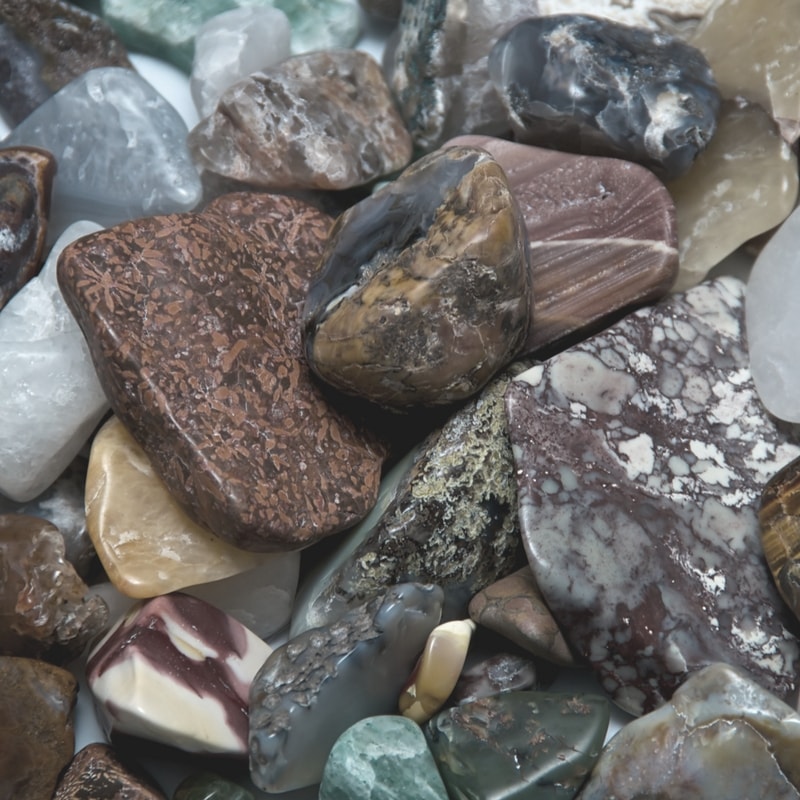
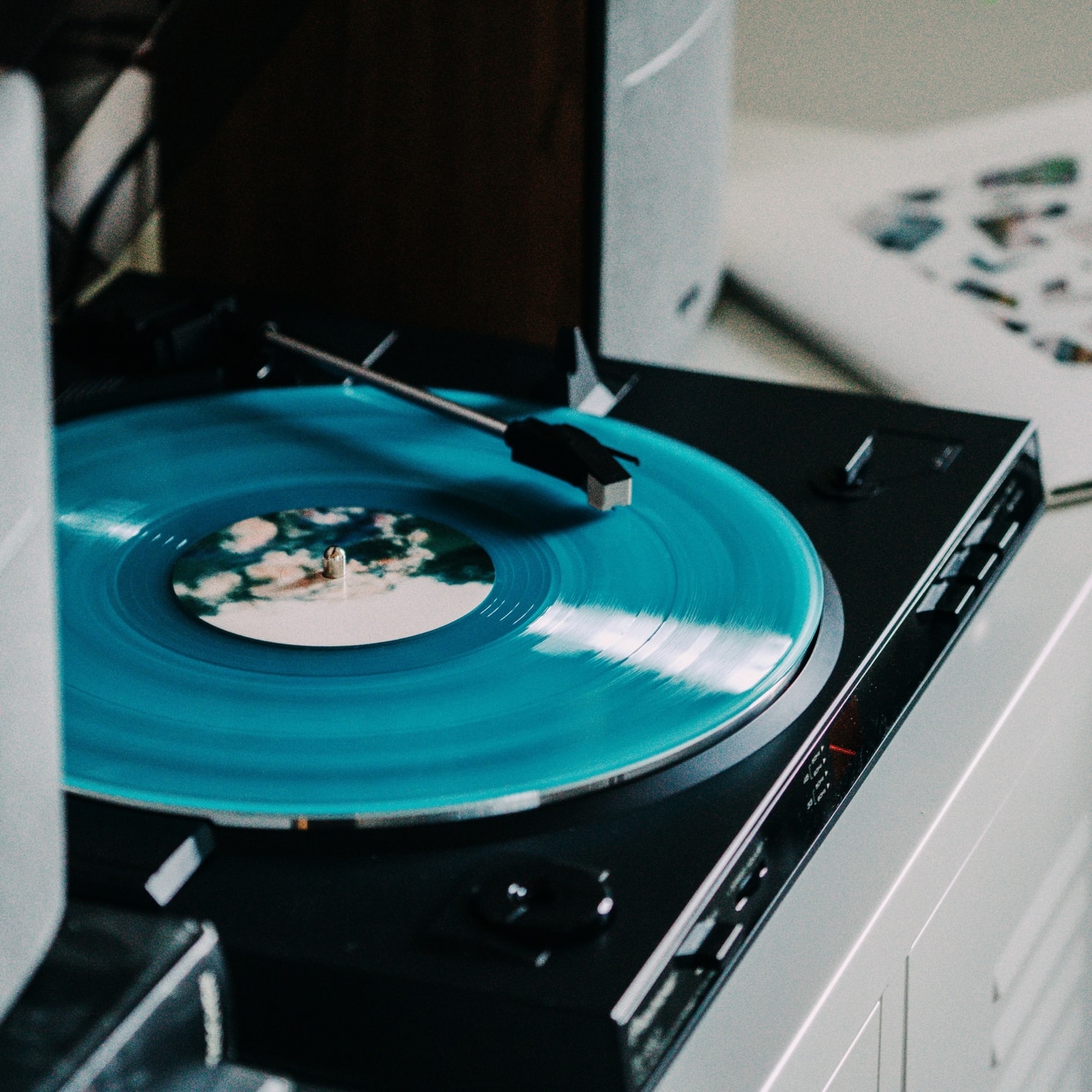
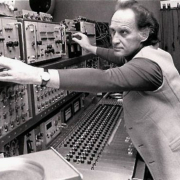
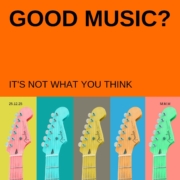



Leave a Reply
Want to join the discussion?Feel free to contribute!